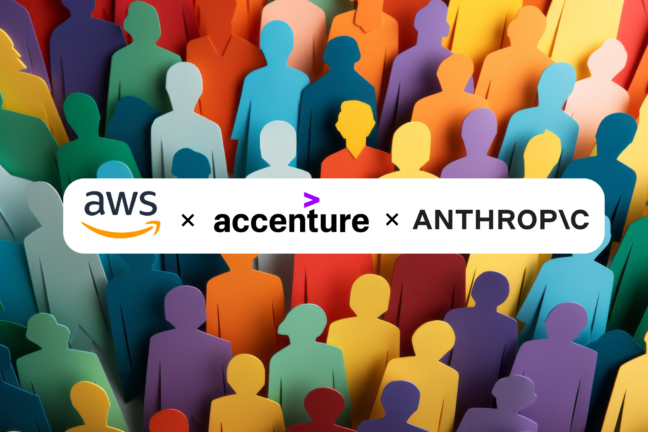How will generative artificial intelligence reshape the competitive landscape for businesses? A recent survey by International Data Corporation (IDC) reveals that GenAI is set to revolutionize key areas like technology decision-making, financial and operational systems, and customer engagement, experience, and support. These transformative changes highlight the broad potential of GenAI, with notable variations in expectations across different regions worldwide.
In North America, tech buyers highlighted financial and operational systems as the primary area likely to be transformed by GenAI. Meanwhile, in Western Europe, respondents predicted that IT and line of business (LOB) technology decision-making would experience the most significant impact. In the Asia/Pacific region, survey participants anticipated that GenAI would most affect customer engagement, experience, and support.

The latest survey by Bain & Company also shows the power of this technology, highlighting that generative AI deployments are spreading at an unprecedented pace, with 87% of companies either already implementing or currently piloting it.
"What the survey results confirm is that the application of GenAI across business functions will be broad and its impact will span a wide range of competitive and business model areas. Another thing the results highlight is that GenAI's ability to process, understand, and derive value from a wide range of data sources is its real superpower. It is exactly this capability that enables GenAI models and applications to be integrated and used within so many different business and customer processes and workflows. As organizations gain more experience with GenAI technologies, we expect them to use what they have learned to deploy GenAI in new areas," said Matt Acaro, Research Director for Computer Vision AI Tools and Technology at IDC.
The survey also explored four other business areas: customer acquisition and sales, product design and development, data-driven decision-making, and talent and staffing. Among these, customer acquisition and sales, along with talent and staffing, were considered the least likely to be influenced by GenAI.









